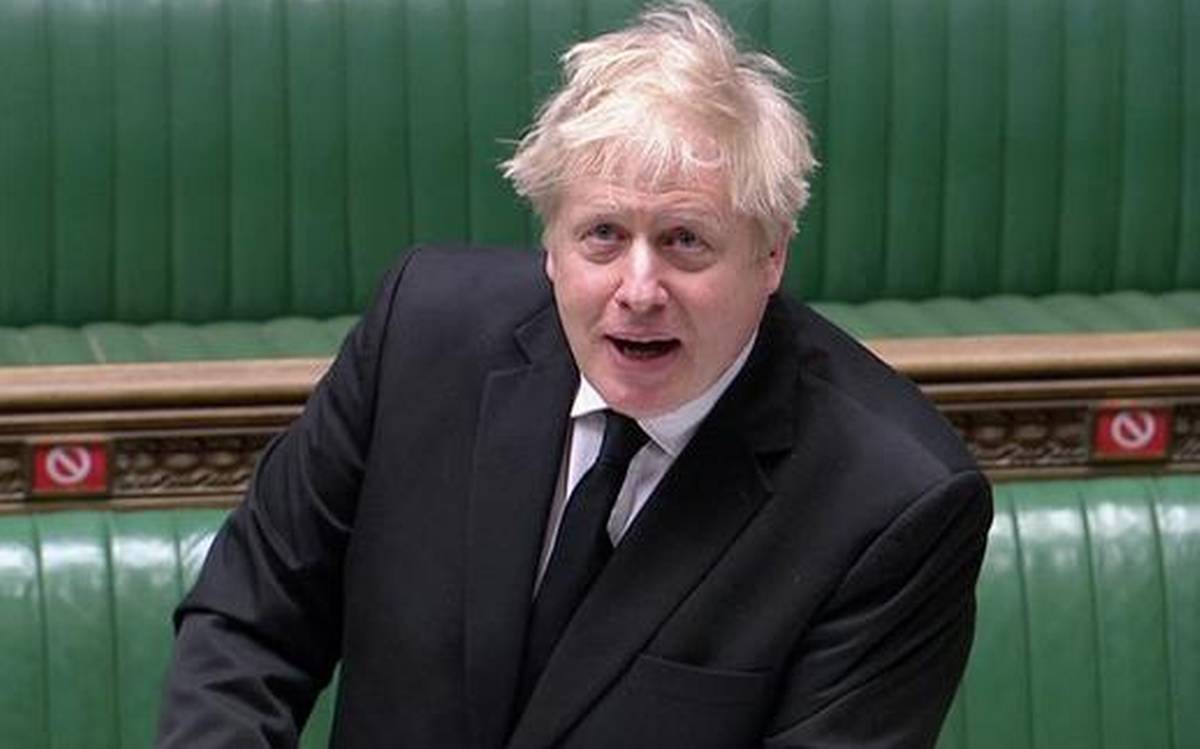It seemed Johnson was aware cancelling would not be a good move in the eyes of India and he held out until reports of India’s accelerating pandemic were irrefutable. But the perception remains that Johnson has let India down, twice.
All previous prophecies about UK-India bilateral outcomes are now in limbo following Boris Johnson’s last minute postponement of his visit to New Delhi. On the India side the disappointment was concealed and subsequently buried under India’s sudden Covid-19 catastrophe. In UK, the Prime Minister had been facing relentless pressure from all fronts to cancel—from the scientific community, the media, a fear drenched public and the political opposition. It seemed Johnson was aware cancelling would not be a good move in the eyes of India and he held out until reports of India’s accelerating pandemic were irrefutable. But the perception remains that Johnson has let India down, twice.

The meeting will now be held via Zoom. It is well known that virtual meetings are not as satisfactory as face-to-face negotiations, and the physical presence of Boris Johnson on the ground in India would have been infinitely more impactful for Global Britain than via a screen. One independent mediator, a civil law barrister, has told this reporter that virtual meetings require three times the preparation time than face to face meetings. The question remains, will Johnson’s two cancellations sour any outcomes?
***
Matt Hancock, Health Minister, this week launched the Pandemic Preparedness Partnership (PPP), chaired by UK’s Chief Scientific Advisor Sir Patrick Valance, in partnership with 20 members including the WHO, CEPI, GAVI, MHRA, representatives from leading vaccine developers and life sciences companies. The PPP is focused on recommendations for the UK G7 Presidency to deliver ambitious targets for developing vaccines, therapeutics and diagnostics through greater global co-operation on innovation, R&D, manufacturing, clinical trials, data sharing and sustainable financing for future pandemics. The recommendations will be shared at the G7 Summit in June. Boris Johnson credits the Lockdown at least as much as vaccinations for UK’s success in reducing infections, hospital admissions and deaths; he has set a target for the PPP to develop vaccines for new diseases in 100 days.
A £16 million investment will fund global vaccine manufacturing capacity and critical research and development to rapidly respond to the threat of new strains, supporting the development of new variant-specific vaccines. CEPI’s work to coordinate research, development and manufacturing of vaccines will aid efforts to have millions of doses of vaccine available for emergency use 100 days from a variant of concern being identified. Dr Gagandeep Kang (Christian Medical College, Vellore and the first Indian woman scientist to be elected Fellow of the Royal Society in London) was invited to speak at the PPP Conference about Research & Development and Innovative Manufacturing.
During the past year India has helped out humanity with India-made vaccines. Be it through grant, commercial or COVAX schemes India has distributed 660.13 lakh vaccines to 94 other countries. Will other countries step up to help out India with essentials during this episode of their pandemic?
***
Meanwhile, the EU is going global. The EU-China Comprehensive Agreement on Investment was published in March, and the EU’s relationship with India is growing. The Financial Times reported talks in which EU-India are developing a joint energy, transport and digital infrastructure alternative to China’s BRI, to be made public at the Porto Summit on 7-8 May. Earlier this week, the EU published their Strategy for Cooperation in the Indo-Pacific, an area they see as vital for their economic growth. In the IPR the EU see themselves as top investors and trading partners, enhancing cooperation in ocean governance and strengthening regional organisations, and making a contribution to security and defence. Their intention is to improve maritime awareness, organise more joint exercises and port calls between Indo-Pacific naval units and the EU counter-piracy Naval Force Operation Atalanta. And to focus on counter-terrorism, cyber-security, maritime security, crisis management, and to expand their security and defence dialogue to include more partners and engage strongly in the ASEAN Regional Forum. All the more reason for UK to remain “competitive”.

